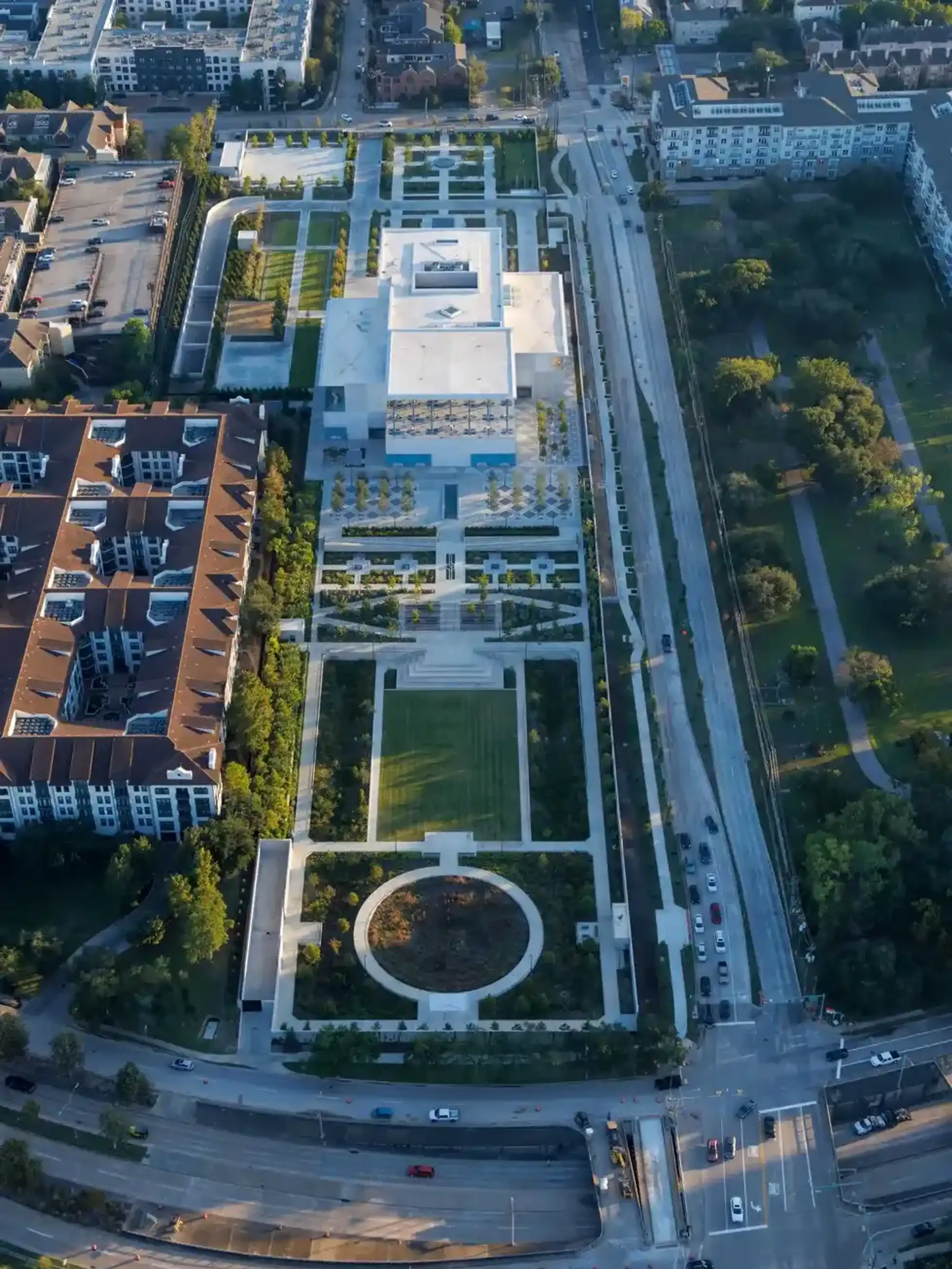Deloitte explores how energy companies can form renewable goals for right now
The global energy mix is shifting from fossil fuels to renewables. There are abundant examples of both public and private organizations working hard to decarbonize the economy.
As this energy transformation or "Green Deal" gains momentum, new ecosystems are forming and new technologies are emerging. These developments are helping to grow renewables, develop new energy carriers, improve energy efficiency, reduce emissions, and create new markets for carbon and other by-products as part of an increasingly circular economy.
At the same time, many of these commonly pursued steps to decarbonization — such as increased electrification, wide-scale use of renewable energy, and intensifying energy efficiency measures — pose unique challenges.
Many participants in the energy and resources (E&R) industry have publicly declared their intention to become carbon neutral by 2050. While their long-term vision is clear, the more perplexing challenge for E&R companies lies in the immediate future.
Many companies are struggling to understand the material impacts that their stated goals are going to have on their valuations, operations, employees, and markets over the next few years.
Continue reading this article on Deloitte's website to learn how companies in certain sectors of the E&R industry — chemicals, oil and gas, mining and metals, and power, utilities, and renewables — can accelerate decarbonization over the next decade and achieve meaningful interim targets by 2030.
---
This publication contains general information only and Deloitte is not, by means of this publication, rendering accounting, business, financial, investment, legal, tax, or other professional advice or services. This publication is not a substitute for such professional advice or services, nor should it be used as a basis for any decision or action that may affect your business. Before making any decision or taking any action that may affect your business, you should consult a qualified professional advisor. Deloitte shall not be responsible for any loss sustained by any person who relies on this publication.
About Deloitte
Deloitte refers to one or more of Deloitte Touche Tohmatsu Limited, a UK private company limited by guarantee ("DTTL"), its network of member firms, and their related entities. DTTL and each of its member firms are legally separate and independent entities. DTTL (also referred to as "Deloitte Global") does not provide services to clients. In the United States, Deloitte refers to one or more of the US member firms of DTTL, their related entities that operate using the "Deloitte" name in the United States and their respective affiliates. Certain services may not be available to attest clients under the rules and regulations of public accounting. Please see www.deloitte.com/about to learn more about our global network of member firms. Copyright ©2020 Deloitte Development LLC. All rights reserved.











 Photo by Iwan Baan
Photo by Iwan Baan